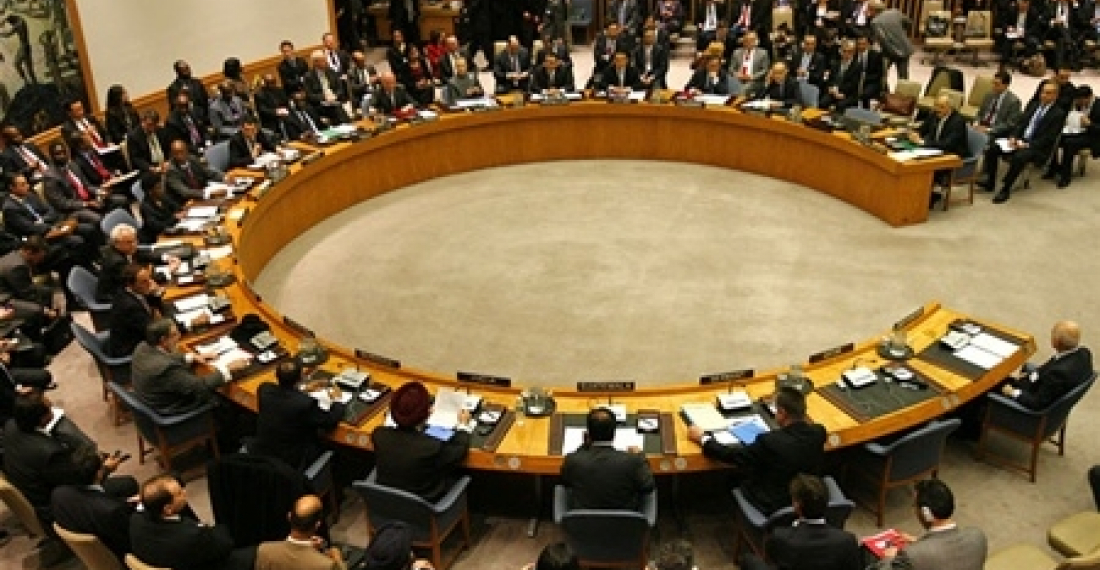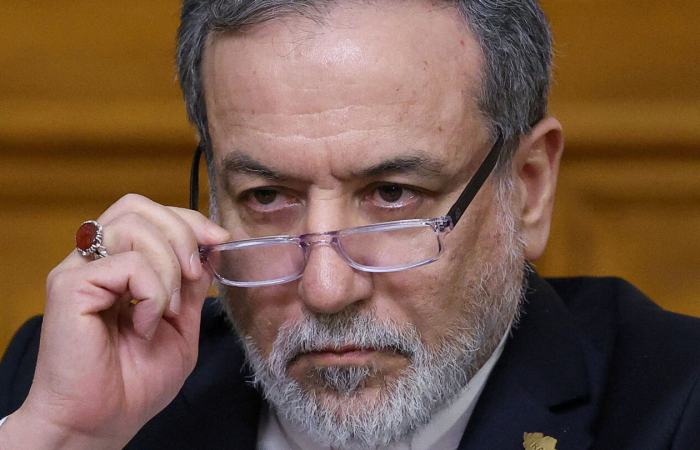Сегодня власти и Армении, и Азербайджана не доверяют друг другу, ведут откровенную информационную войну, для чего стараются использовать любую трибуну и возможность. И потому известие о членстве Азербайджана в качестве непостоянного члена Совбеза ООН, а теперь и факт председательства обрадовало многих в Азербайджане и огорчило многих армян, ибо обе стороны прекрасно понимали, что эта позиция будет обязательно использована в информационной войне. Подобное мнение в интервью АрмИнфо выразил руководитель Департамента конфликтологии и миграции Института мира и демократии Ариф Юнусов.
1 мая непостоянный член Совбеза ООН Азербайджан принял на себя председательство в этой структуре. Первое же выступление президента Алиева, в котором он обвинил Армению в терроризме против Азербайджана, прямо связав террор с карабахским конфликтом, продемонстрировали его намерение использовать площадку Совбеза в проталкивании своей позиции по НКК в обход посредников Минской группы.
"Точно также не вызывает сомнений, что в случае, если Армения оказалась бы на месте Азербайджана, то тогда уже президент Серж Саргсян постарался бы использовать эту трибуну против Азербайджана, а также и Турции. Поэтому я воспринимаю это выступление Ильхама Алиева спокойно - иного и не ожидал. Другое дело, насколько все это продуктивно? И что это дает вообще, а в данном конкретном случае - Азербайджану? Конечно, эта информационная война не улучшает атмосферу между народами и создает только новые проблемы на пути урегулирования отношений. Полагаю, если у президентов Армении и Азербайджана были бы доверительные отношения, то многое было бы иначе. Но, увы, действительность иная", - заметил он.
В то же время Юнусов отметил, что надо быть реалистами и понимать, что Азербайджан сможет всего лишь использовать трибуну ООН в пропагандистских целях. Но полагать, что Азербайджан сможет протолкнуть свою резолюцию по урегулированию карабахского конфликта в обход посредников Минской группы несерьезно. Такая попытка, если она будет вообще предпринята, будет пресечена странами Минской группы на самом начальном этапе.







